Every year, in the countdown to the Lakes International Comic Art Festival, we bring you a series of interviews with guests at the event. This “Festival Focus” for 2018 is Tokyo-born Satoshi Kitamura who, after dropping out of school to pursue art, decided not to attempt a 10-year apprenticeship as a potter and instead worked as a graphic artist. Find out more about him, and a special new work, The Bird of Passage, which will be available in limited numbers at the Festival...
He was not trained as an artist, but at the age of 19 began to do commercial work as an illustrator for adverts and magazines.
He moved from Tokyo to London in 1979 where he worked mainly at designing greeting cards. More than twenty publishers declined his work until Klaus Flugge of Andersen Press asked him to illustrate Angry Arthur in 1981 after he had an exhibition of his work at the Neal Street Gallery in Covent Garden.
Since then, he has published more than 20 of his own books, as well as illustrating many more.
Satoshi says that when he was young he read comics and admits that these have had a great influence on his style. He refers to kamishibai, a form of Japanese street theatre and storytelling, as an early influence, as well as the story of Heinrich Schliemann told by a primary school teacher.
His work is known for quirky perspectives, brilliant watercolours, attention to detail and unique characters and for regularly including animals or animal characters, most frequently cats. Boots the Cat is a recurring Satoshi Kitamura character, featuring in two board books and The Comic Adventures of Boots, a picture book whose style is reminiscent of graphic novels and comics.
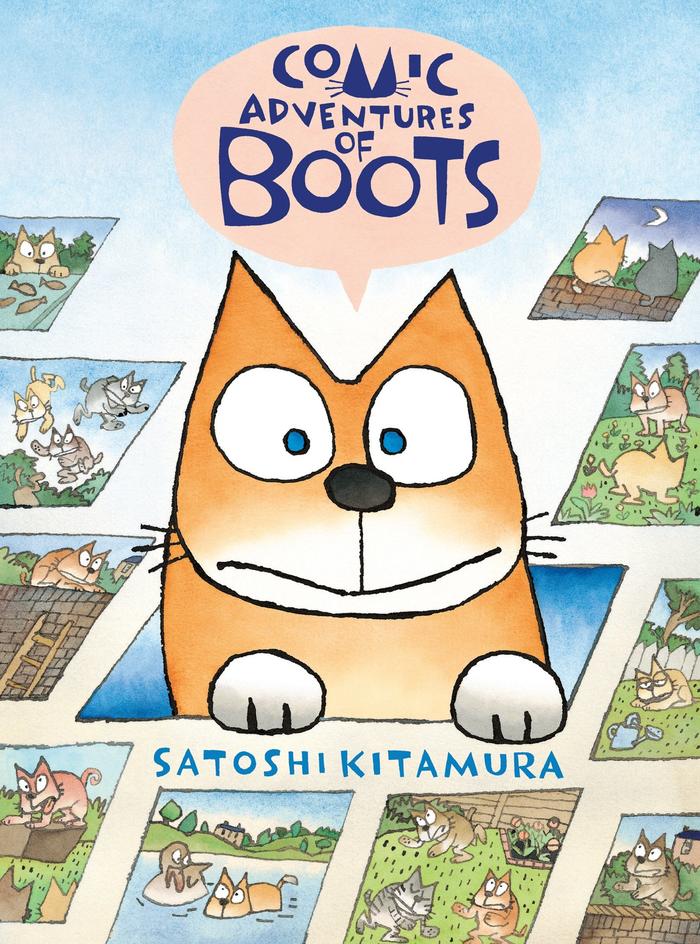
Regular collaborators include Hiawyn Oram, Roger McGough and John Agard. Satoshi Kitamura worked with Colin McNaughton to create Once Upon an Ordinary School Day, published in 2004. Sheep in Wolves' Clothing was adapted into an animation series that screened on the BBC and also sold to overseas markets.
In 2009, he left London and returned to Japan to care for his parents, but continues to travel and work for publishers across the globe. Apart from writing and illustrating children's books, Satoshi has been commissioned for various projects including Tokyo Underground posters, signage at Birmingham Children's Hospital and designing stationery. He also translates David McKee's Elmer the Patchwork Elephant series for the Japanese market.
Satoshi appears at the Festival with thanks to James Stacey and in partnership with the Japan Foundation
Satoshi, what are you working on, comics-wise, right now, and when will it be published?
Satoshi:I’m not working on anything special at the moment. There’re some ideas for new projects but haven’t decided which one to do. A new small book called The Bird of Passage
will come out soon.
Which project you've worked on are you most proud of and where can people see it or buy it?
Satoshi: Comic Adventure of Boots, for Andersen Press. There are short pieces published in Monkey Business, New Writings from Japan, too, called "Igor Nocturnov" (in Volume 7) and "Variation and Theme" (Volume 5). I also have contributed some short graphic stories in Japanese literally magazine called Monkey’ (the sister magazine of Monkey Business).
How do you plan your day as a creator? (Do you plan your day?)
Satoshi: I don’t plan a day but usually start working very early at around four or five o'clock in the morning. If it goes well, I continue till evening and go to bed early.
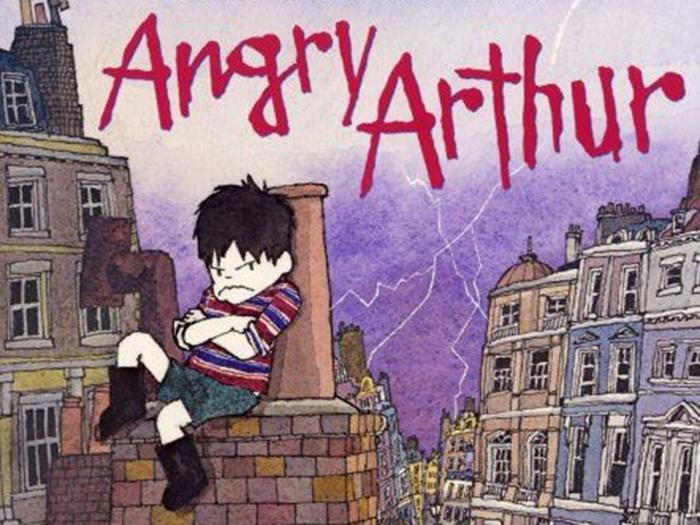
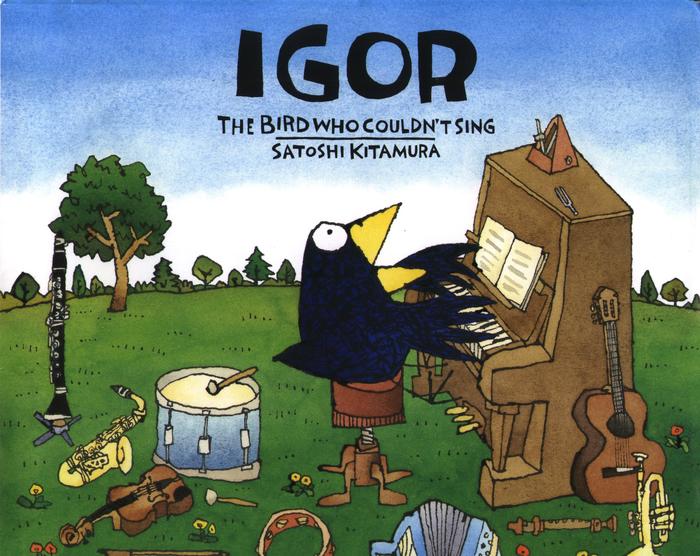
What's the best thing about being an illustrator?
Satoshi: It’s great to be independent and can do what I like.
And the worst?
Satoshi: Nothing particularly.
What most distracts you from getting your work done?
Satoshi: Almost everything distracted me from work when I was younger but nothing does now.
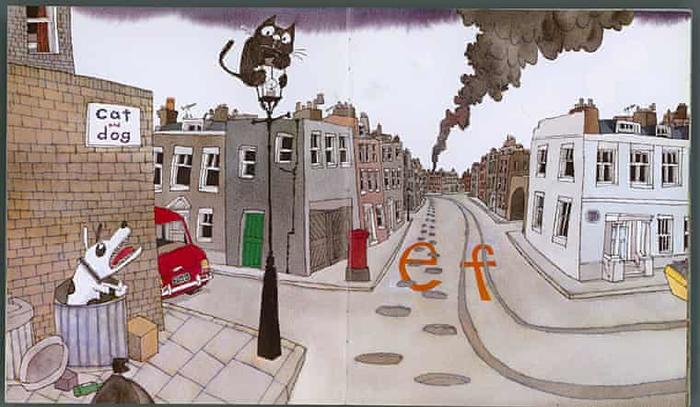
Do you think it's easier or harder for young comic creators to get published today?
Satoshi: I don’t know about comic book publishing, but it looks far more difficult to get published or just continue to be published properly in children’s book publishing these days.
Have you ever been to the Lake District before and if so what did you think of it? If you haven't, what are you expecting?
Satoshi: I’ve been to the Lake District twice before. My wife an I have friends there and they took us around and had a marvellous time five years ago. It’s one of the most beautiful place in the planet,
Which one comic creator would you most like to meet, and why?
Satoshi: George Herriman. I’ m crazy about Krazy Kat. But he’s dead for many decades. Another hero of mine is Ben Katchor, but luckily I’ve met him. The contemporary creator I most admire is Rutu Modan.
How do Festivals and other comics events help creators most, do you think?
Satoshi: Meeting the readers is the best thing about festivals. It must be very useful for young creators to mix with all kind of people there.
What one piece of advice do you offer people looking to work in the comics industry?
Satoshi: That is what I want to know! I’m new in comics world. I need good advice!
What's your favourite comic right now and where can people get it?
Satoshi: I left UK ten years ago and since then I’ve been a bit out of touch. I used to go to Gosh! when they had their shop opposite British Museum. That was where I found good independent comics publications.
Satoshi, thank you very much for your time and we look forward to seeing you in Kendal!
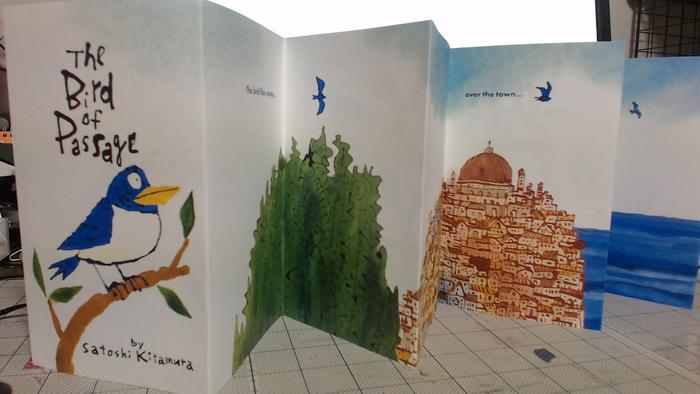
• The Lakes International Comic Art Festival is publishing The Bird of Passage, a very special picture book work by Satioshi on beautiful Japanese paper, which will be available at the Festival, created in partnership with James Stacey of Comic Art Tokyo and the imprint Tanglin.
SATOSHI KITAMURA ONLINE
• Web: en.wikipedia.org/wiki/Satoshi_Kitamura
• The Guardian: Satoshi Kitamura - a life in pictures
• An illustrated envelope by Satoshi Kitamura features on Klaus Flugge's office wall


